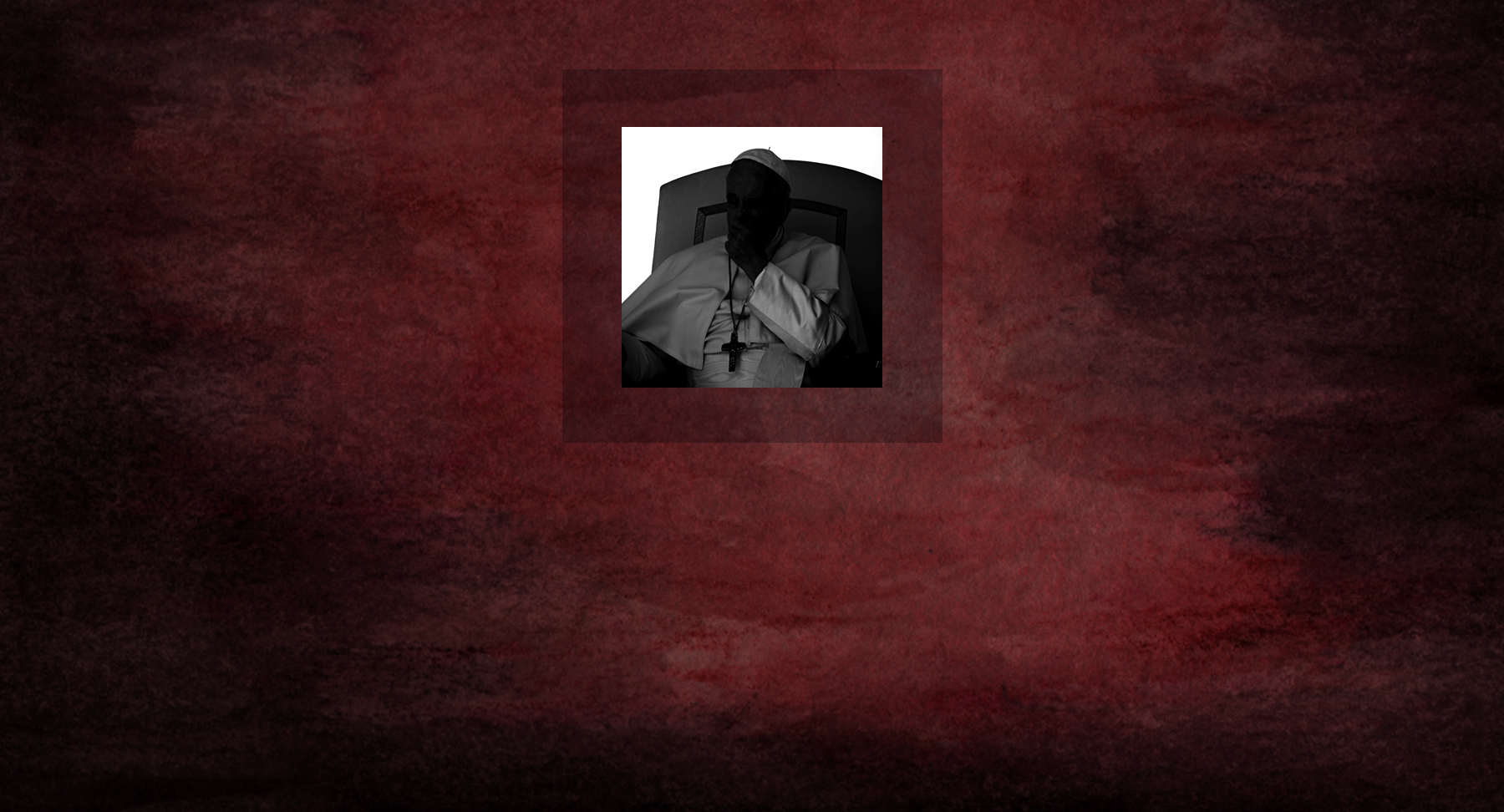Where does the Catholic Church go from here?
Change is coming. But what will it look like?


A free daily email with the biggest news stories of the day – and the best features from TheWeek.com
You are now subscribed
Your newsletter sign-up was successful
Has Pope Francis been knowingly complicit in protecting sexual predators? That's the question Catholics are debating this week, as the Church's summer of scandal bleeds into what promises to be a very interesting fall.
The controversy exploded anew this weekend after Archbishop Carlo Maria Viganò, a retired Vatican nuncio to the United States, published a detailed letter claiming that Pope Francis had personally rehabilitated the disgraced Archbishop Theodore McCarrick, with full knowledge of his history of sexual predation. According to Viganò, Pope Benedict XVI had ordered the former cardinal to retire from public ministry. McCarrick lived some years in uneasy defiance of this command until Francis, having been apprised of the situation, went out of his way to release the former cardinal from the ineffectual sanctions and elevate him to a position of high visibility and influence.
If this account is true, it will spell the end of Francis' soft-liberalization agenda for the Church. Neither he nor his protegees will have any remaining credibility. Whether or not the pope immediately resigns, such a development would signal a new chapter for Roman Catholicism.
The Week
Escape your echo chamber. Get the facts behind the news, plus analysis from multiple perspectives.

Sign up for The Week's Free Newsletters
From our morning news briefing to a weekly Good News Newsletter, get the best of The Week delivered directly to your inbox.
From our morning news briefing to a weekly Good News Newsletter, get the best of The Week delivered directly to your inbox.
The Catholic world is still grappling with the staggering implications of Viganò's testimony, scrambling to determine whether the available evidence supports his claims. No significant holes have yet been punched in Viganò's account, though it is replete with references to people, dates, and documents. Francis' closest supporters have tried to present the retired diplomat as a disgruntled careerist lashing out against old enemies. It's clear enough that the whole affair is saturated in Church politics, but unfortunately, the pope's own credibility is presently quite thin.
Pope Francis has a long history of cronyism, and has previously proven willing to gloss over sexual misconduct for the benefit of allies. At his Synod on the Family, he offered an exclusive invitation to Cardinal Godfriend Danneels, a German prelate accused of shielding a brother bishop by counseling an abuse victim to keep silent. Francis appointed and then vociferously defended Bishop Juan Barros of Chile, ignoring and even insulting the victims of the pedophile priest that Barros had allegedly protected. These men were among Francis' core supporters, both before and after his elevation to the papacy in 2013. Obviously, the pope likes to pay his debts. But that only lends further plausibility to Viganò's claims, since McCarrick was likely a key supporter of Francis at the 2013 conclave that vaulted him to the papacy.
It looks extremely bad when a pope widely known for his efforts to modernize Catholic sexual ethics is accused of being soft on sexual abuse. And while sexual abuse is clearly a problem among Catholic liberals, conservatives, and traditionalists alike, the pope's seeming hypocrisy undermines much of Francis' liberalization agenda.
Francis has stressed "mercy" for those who struggle with hard teachings, advising "discernment" as a useful tool for those who feel that traditional moral recommendations cannot be appropriate for them. Theologically, considerable energy has been expended in stressing the continuity of this approach with ancient Catholic beliefs, but as a practical matter Francis has consistently sought to regularize Catholics whose lives are out of step with the Church's traditional teachings.
A free daily email with the biggest news stories of the day – and the best features from TheWeek.com
Conservatives were always alarmed by these developments, but some Catholics did warm to them as an appealing way of blending tradition with a compassionate desire to be more inclusive. To many, Francis' "mercy approach" seemed to offer a not-too-disruptive solution to a longstanding problem: In modern times, the Church's moral teachings concerning sex have become deeply counter-cultural, potentially alienating many people who (perhaps for cultural or familial reasons) would still like to be Catholic. Some moderates held out hope that the mercy strategy really could square the circle, retaining formal doctrine without alienating non-compliant members. Progressives, for their part, were excited by Francis' reforms, viewing them as a bridge to the more radical liberalization that many have wanted for decades.
Francis made a great deal of progress over the last five years in appointing bishops sympathetic to his goals. If the pope's inner circle is shown to be rife with corruption, though, the gentle language of these would-be reformers will inevitably be read in a more cynical light. Did the pontiff show "mercy" on McCarrick when he put him in a position to victimize still more subordinates? Did McCarrick himself "discern" the appropriateness of those relationships? Even if we believe that some of Francis' reformers were truly motivated by compassion and not craven self-indulgence, it just seems obvious that the institutionalized hypocrisy has brought terrible harm to the Church. If the Church ever hopes to wield moral authority again, she needs to demand that all members, even her highest-ranking prelates, make a genuine effort to practice what they preach.
Hypocrisy can be eliminated in multiple ways, of course. In this case, many Catholics would surely prefer to correct the prevailing double standard by modifying Church doctrine, not their own behavior. That group doubtless includes a significant number of priests, bishops, and prominent theologians, who will argue in the days to come that the abuse crisis arose primarily because clerics were forced to keep their sex lives closeted. We should brace ourselves for more heated debates about married priests, women priests, contraceptives and, of course, homosexuality.
Conservatives will obviously be less disappointed than their liberal counterparts if Francis' pontificate ends in disgrace, but they too may find that the next chapter brings a number of new challenges. It can be rather comfortable to settle into cloistered communities of like-minded traditionalists, basking in the secure sanction of official Church teaching. In coming years, conservatives may feel less security in that institutional sanction, which may put more pressure on them to persuade their co-religionists that orthodoxy can actually provide a foundation for an appealing way of life.
Whatever challenges lie ahead, Catholics should be ready to embrace them, rather than allow our faith to become synonymous with hypocrisy, sin, and scandal. Our millennia-old Church ought to be a source of inspiration and healing for people across the planet. To fulfill that promise, we need to start by healing ourselves.
Rachel Lu is a writer based in Roseville, Minnesota. Her work has appeared in many publications, including National Review, The American Conservative, America Magazine, and The Federalist. She previously worked as an academic philosopher, and is a Robert Novak Journalism Fellow.
